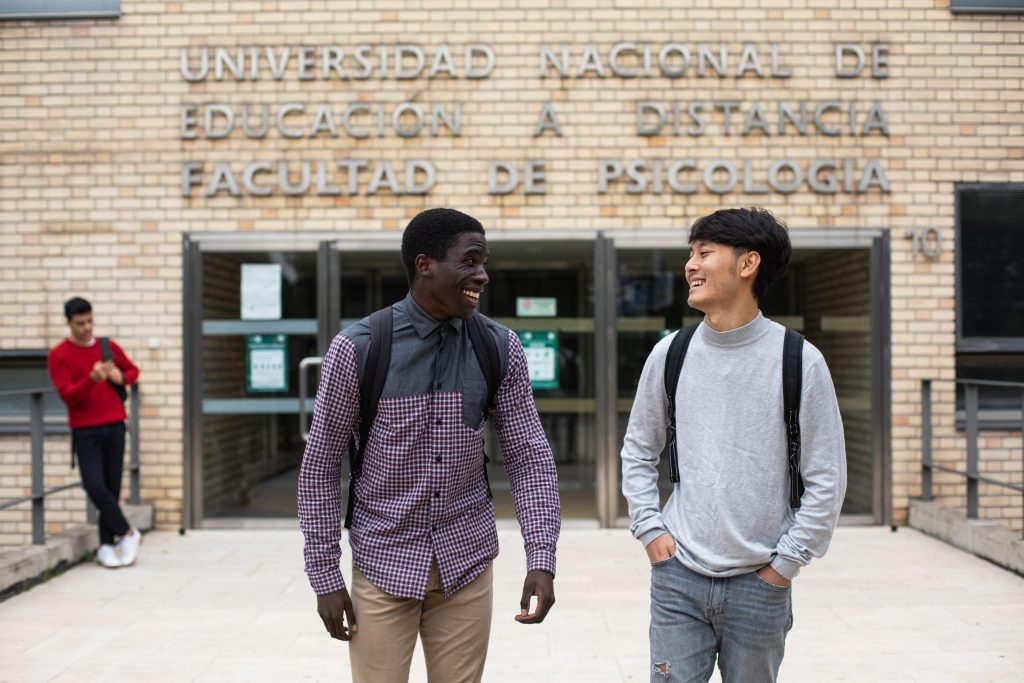
UNED (Universidad Nacional de Educación a Distancia) is the largest public university in Spain. With more than 200,000 students endorsing each year an innovative learning system, combining online teaching and on-site support, offering a flexible model adapted to the individual needs of the students. Having equality as milestone, UNED promotes the incorporation of women into the university and labor market and was the first public university with two female rectors.
UNED also invests in adaptation programs for people with disabilities and disadvantaged groups. Moved by its vocation to universalize Higher Education and facilitate access to the University, UNED begins its geographical expansion, creating the UNED Centers, bringing its offerings to the population far from cities. Promptly, UNED focuses on its international expansion both in Europe and America, exporting its educational model.
From its origins until nowadays UNED has experienced a real technological revolution that has now reached its peak of development in which numerous national and international institutions trust.
Undoubtedly, one of the areas of greatest growth of the UNED has been its academic offer, which increases every year with new degrees, adapting to the demands of the Knowledge Society with the creation, to name a few examples, of the Combined Degrees or the recent Micro-Degrees, pioneers in Spain, responding to the European commitment to Short Learning Programs.
TEAM
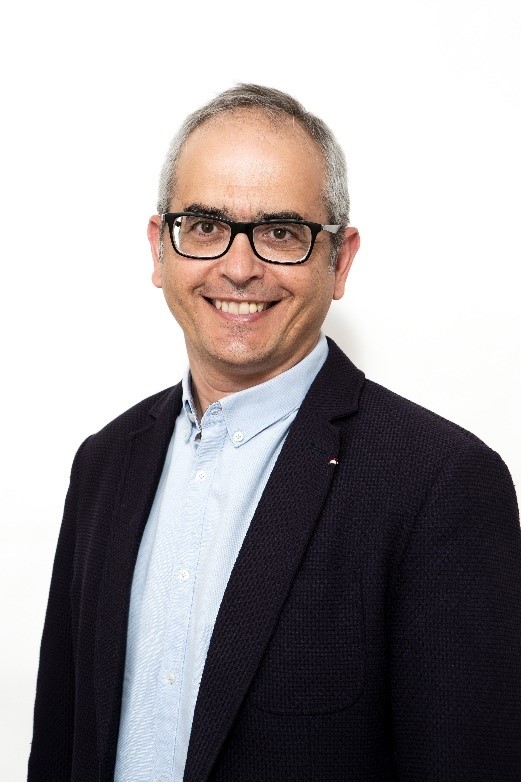
Antonio López Peláez, University Professor of Social Work and Social Services, in the Department of Social Work at the Faculty of Law of the UNED, since 2010. Ph.D. in Sociology and Ph.D. in Philosophy, my lines of research focus on the analysis of social problems in diverse populations, methodologies of social intervention, and the interrelation between new technologies and Social Work. I am principal investigator of the Koinonía Group: Interdisciplinary research group on Social Work, History, Law and Social Intervention (UNED, Ref. GI62) (https://blogs.uned.es/koinonia/).
I am director of the Chair in Innovation in Social Services and Dependency (https://blogs.uned.es/catedraunedfuenlabrada/). Outside the university environment I am founding trustee of the Abracadabra Foundation: Magicians in Solidarity. Since November 2020 I am Executive Director of the International Council of Social Welfare (www.icsw.org).
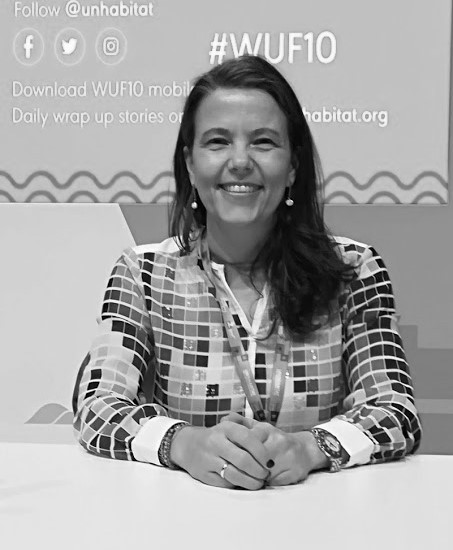
Marta Lora-Tamayo Vallvé, full professor at the Administrative Law Department of the National University of Distance Education (UNED). Director of the UNED Lincoln Institute of Land Policy Chair. Academic coordinator of the Máster Degre ein Urban Policy and Suistanble Urban Development (UNED-LILP). Academic coordinator of the Participatory Group.org with Madrid City Council.
She is a member of the Planning Law and Property Rights Association (PLPR) and of the International Platform of Experts in Planning Law. Her research has been focussed on urban law from and historical and comparative perspective. (10 books of own author) Last publication in English “The Europeanization of planning law. The European –land use, silent revolution” Wolters Kluwers. 2018.
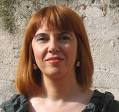
Raquel Pelta Resano, PhD from University of Barcelona, Raquel Pelta is a Design Researcher and Professor at Faculty of Fine Arts (Design degree) of that University, where is also coordinator of the Doctorate in Advanced Studies in Artistic Productions. She holds a Master Degree in Information and Knowledge Society and a Master Degree in Social Work, Welfare State and Social Intervention Methodologies. Her current research topics and recent publications cover theory and practice of Social Design and Co-design. She is doing a doctoral research about co-design applied to Social Work with Groups and is researcher in training, Doctoral Program in Law and Social Sciences (International School of Doctorate, UNED).
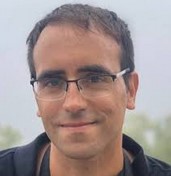
Ángel de Juanas Oliva, He is Senior Lecturer of Social Pedagogy in National Distance Education University (UNED, Spain). PhD in Educational Psychology (UCM) and graduated in Psycho-pedagogy and Teaching (UCM). PI of the research group Socio-educational Intervention (UNED). Member of the Executive Council of the Ibero-American Society of Social Pedagogy (SIPS). Finally, he is Associate Editor in Educación XX1, Frontiers in Psychology, Pedagogía Social Revista Interuniversitaria, Physical Education Teaching area in the journal RICYDE and Journal of Psychology and Education.

Francisco Javier García Castilla, Graduated with a PhD in Sociology from the social and political exclusion programme delivered by the Pontificia Comillas University in Madrid. He was awarded a degree in Sociology and a diploma in Social Work by the same University. He is working as a permanent lecturer within the Department of Social Work in the Faculty of Law at UNED.
His topics of interest and lines of research revolve around the way in which time is spent by young people, leisure, wellbeing and social values. He is also active in topics related with autonomy and the transition to adult life, adolescence and risk, social work and social services, social inclusion of particularly vulnerable individuals, and psychoactive substances and road safety. He is currently the vice dean of Students and Communication in the Faculty of Law. He has been a member of the board of directors of the Madrid Scientific Association of Sociology (AMS) since 2012, being vice president of the board since May 2019
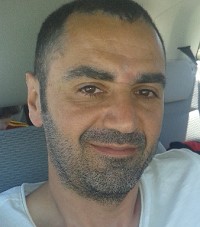
Rafael Acebes Valentín, Associate Professor at the Universidad Nacional de Educación a Distancia (UNED), in the area of knowledge: Social Work and Social Services since 2011. Member of the teaching innovation group DIPASO: GID2020-6 of the UNED: Teaching challenges of digitization and public and social participation in the framework of the ODS. Member of the interdisciplinary research group on social work, history, law and social intervention of the UNED: Koinonía.
Career civil servant, social worker in the City Council of Segovia since 1995 occupying various management positions, among which we can highlight: coordinator of education and youth; project manager of the European equality program: Equalabel; director of the Integral Center of Social Services of Segovia; municipal responsible for development cooperation and associationism, volunteering and municipal shelter and currently coordinator of the Municipal Civic Centers and director of the Cultural Center of San José.
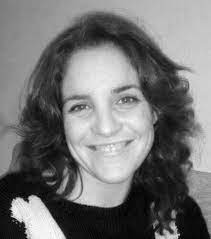
Luisa Aránzazu Hernández Echegaray has a Diploma in Social Work and a Degree in Labor Sciences from the University of Valladolid. She also has a degree in Social Work from the University of Murcia. In addition to the aforementioned training, she has a postgraduate degree as an Expert Specialist in the elderly and people with disabilities from the University of Valladolid.
She also studied a Master’s Degree in Social Problems at the National University of Distance Education. In 2017 she obtained the title of Doctor in Social Work with Excellent Cum Laude by the UNED. Her main work activity is occupied as a social worker in the City Council of Palencia, in community social services since 2002. She has also worked in the sector of people with disabilities.





